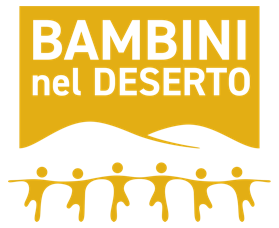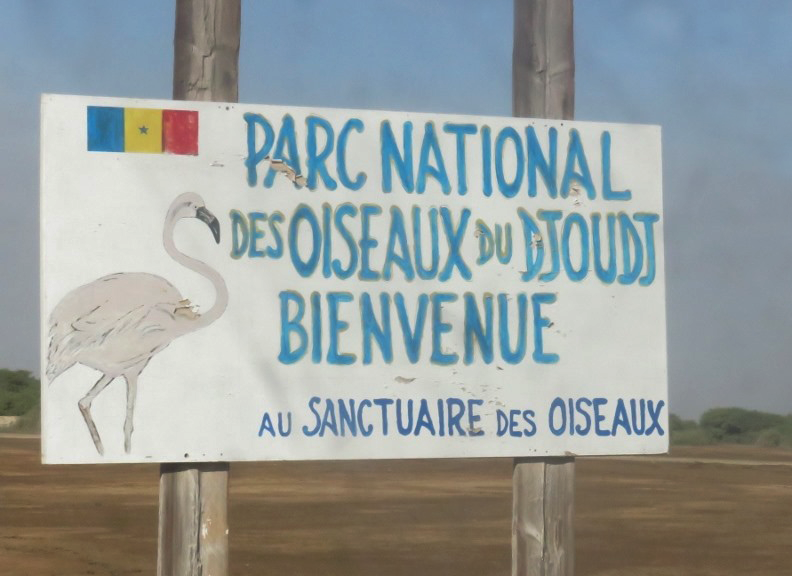The project concerns support, in collaboration with the authorities of the Protected Marine Area, for 40 local volunteers engaged in the management of the park, through the purchase of essential equipment to guarantee activities on site.
The park represents a concrete opportunity for the surrounding village communities: it provides stable jobs and helps counteract the phenomenon of youth migration towards Europe.
The Djoudj National Park is recognized as a UNESCO World Heritage Site, as it is a place of extraordinary beauty and biodiversity, home to countless plant and animal species.
The Djoudj Bird Sanctuary represents one of the most important wetlands in Africa and constitutes a strategic point along the Euro-African migratory routes.
With over 350 bird species recorded every year, the park plays a crucial role in biodiversity conservation, ensuring nesting and resting habitats for millions of waterbirds.
However, the park faces several environmental and management challenges: the invasion of exotic plant species threatening water quality, the need for constant monitoring of ecological parameters, and the pressure of poaching.
To these issues are added the deterioration of essential infrastructure, such as observation posts for scientific research and ecotourism, as well as the wear of the pirogues used by surveillance teams and technicians.
To meet these needs, it is necessary to:
- Renovate and equip wildlife observation posts to strengthen research and awareness activities;
- Rehabilitate and motorize the pirogues essential for movements in wetlands for anti-poaching patrols;
- Provide staff with scientific instruments for water quality control; supply adequate tools for manual removal of invasive species;
- Support monitoring activities of wildlife and anti-poaching surveillance by local populations, directly involving local communities.
These actions aim to strengthen the participatory management of the Park and safeguard its fundamental ecological functions, while at the same time ensuring positive outcomes in terms of research, conservation, and sustainable territorial development.
Forecasted cost estimates
The table below shows the forecasted cost estimates for the management of park activities.
They include, on the one hand, the materials necessary for the implementation of the planned actions, and on the other, local labor for maintenance work, ecological monitoring, and anti-poaching surveillance.
Materials and activities
- Renovation of 8 wildlife observation posts: €4,500
- Renovation of 1 anti-poaching patrol pirogue: €1,500
- Purchase of 1 engine for anti-poaching patrol pirogue: €3,000
- Purchase of instruments to measure and monitor water parameters: €3,000
- Purchase of agroforestry tools (machetes, shovels, etc.): €2,500
- 10 binoculars: €400
- Clearing of public observation/welcome areas: €50 per working day
- Bird species monitoring: €400 (25 per month)
- Anti-poaching surveillance: €250 per patrol / 10 people for 5 patrols
Lenders
This project was carried out with the collaboration of these public body lenders or private company lenders
 BnD private lenders
BnD private lenders







